
Study in Blue
The first question from the students in my January online class was:
What do you mean, it’s the small things that are important?
I paused. This simple question struck unexpectedly deep. What I was thinking about was beginning the new year with something small, slender or secret— rather than pledging to do something big. Rather than make a splash, make an offering. Something you can hold in your hand, or your heart. After a pause I thought, that is where the power is.
What do you mean, it’s the small things that are important? She asked.
What I found myself saying was:
I just watched my father die. When someone goes, they leave a space behind. What does one who goes leave you? What memory strikes your heart? Is it their accomplishments, their possessions, their image? I saw clearly, it was not my father’s inventions or belongings, his work, or his beautiful hand-crafted Japanese knives. It was the small acts of kindness.

What sustains you in collective loss and anxiety?
If you are not exhausted by months of Covid, the upcoming US election, and the uncertainty and tumult that has visited our world, then you are among the few. What sustains you and replenishes you in this time of collective loss and uncertainty?
The answer, of course, is mostly known. But how often do we pause long enough to hear the voice inside, and the answer that is waiting? I make an effort to begin the day by reminding myself to wake up slowly, to extend the time between waking and sleeping. I just don’t let myself get out of bed with my mind racing ahead like it wants to … and there is plenty of time for screens later. There is an implosion of “newspaper truth,” which by its nature needs to be dramatic or dismal to get our attention. My only hope is to begin by extending the morning quiet. Just this morning, in the wee hours, the full blue moon got me out of bed, and outside in it. What a comfort she is in her constancy and change, unceasingly waning and waxing, departing and returning, from total darkness to lambent light. Millions and countless millions of years of gliding across the night, witnessing every kind of disaster and miracle. I feel certain we all have a moon inside — a witness, something that returns and brightens after every darkest night.
Hundreds of years ago, Leonardo da Vinci wrote in his journal on the necessity of slowing down, gazing … looking long enough at something until that something itself becomes alive. Any of you who have beheld the object you are drawing long enough know what I am talking about. Stones, apples, lamp posts and books — all things have their presences.
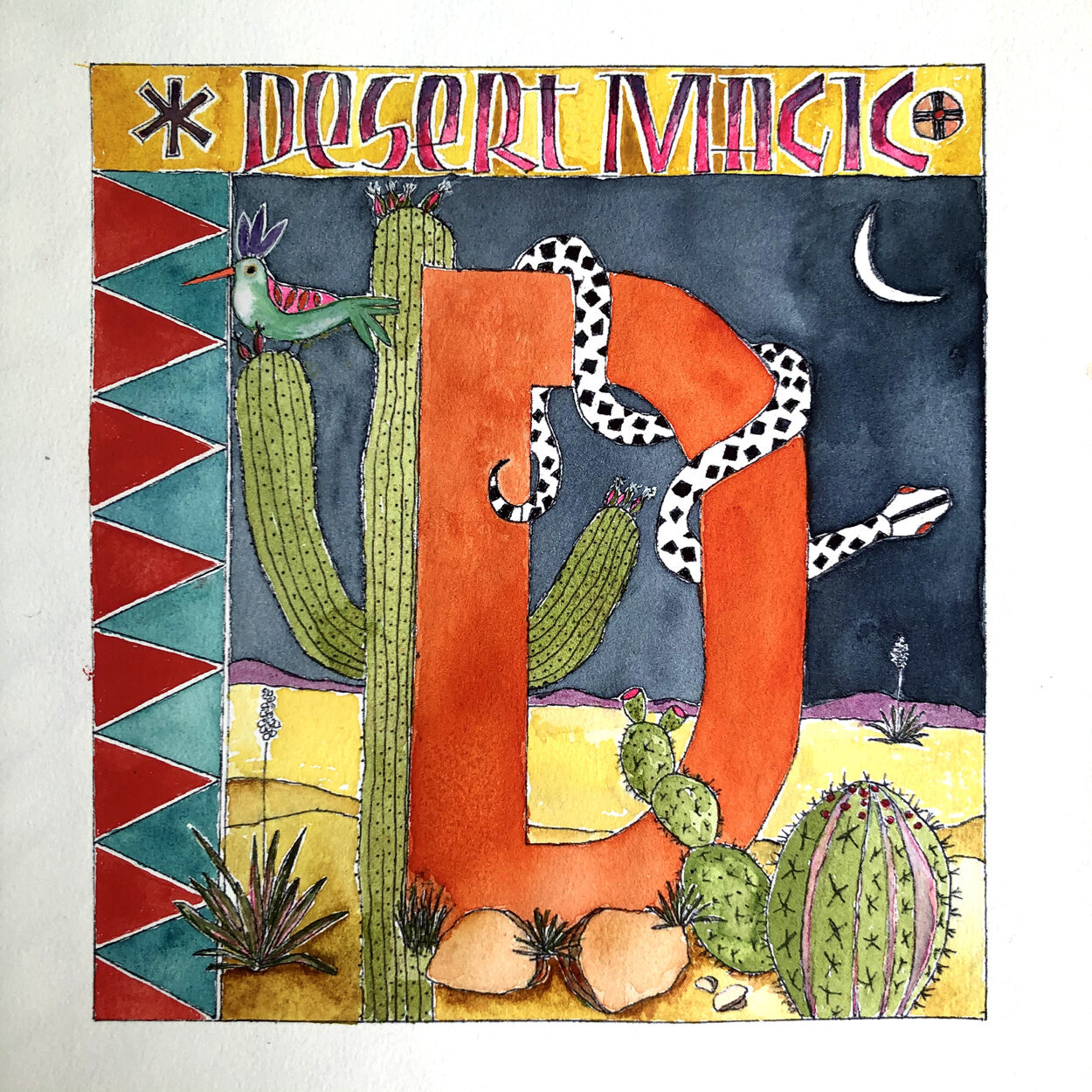
Fishing the River
The land is like poetry: it is inexplicably coherent, it is transcendent in its meaning, and it has the power to elevate a consideration of human life.
— Barry Lopez
Anyone who has spent time in the desert, watching and listening, has felt the sense of depth and presence that defies the initial barren glance. I have taken many road trips to the New Mexico desert, and what follows is a true story of one I took years ago, headed toward Ghost Ranch.
Fishing the River
I am almost to the New Mexico border where the sign says, in big red letters, "You Are Leaving Colorado." Further down the road there's a second sign: “Welcome to New Mexico, The Land of Enchantment.” I have always wondered about that place between the two signs. It is some kind of demios oneiron, a village of dreams, that does not exist on any map.
Highway 17 is a rural mountain road circling above the Chama River. I have traveled it countless times on my way to teach at Ghost Ranch (named by the Spanish as a place of witches, “Ranchos de los Brujos”). This route is marked by reminders of our mortality. Rural New Mexican byways are decorated with descansos, a pastoral cross with flowers, honoring the resting place of one who has died on the road. Often I have stopped when seeing an old cemetery guarded by iron gates and filled with plastic roses and small figurines of the Virgin Mary. The gravestones have old writing and engravings of crosses, of which I have made many rubbings. New Mexican graveyards are distinct — flavored with Native American and Mexican roots. Mary is represented as the Virgin of Guadalupe, "a woman clothed with the sun, and the moon under her feet, and upon her head a crown of twelve stars." There are many stories of The Virgin of Guadalupe, going back to the 1500’s. She symbolizes the bridge between heaven and earth.
To make a tax-deductible donation to the Mabel Dodge Luhan Retreat, click here.
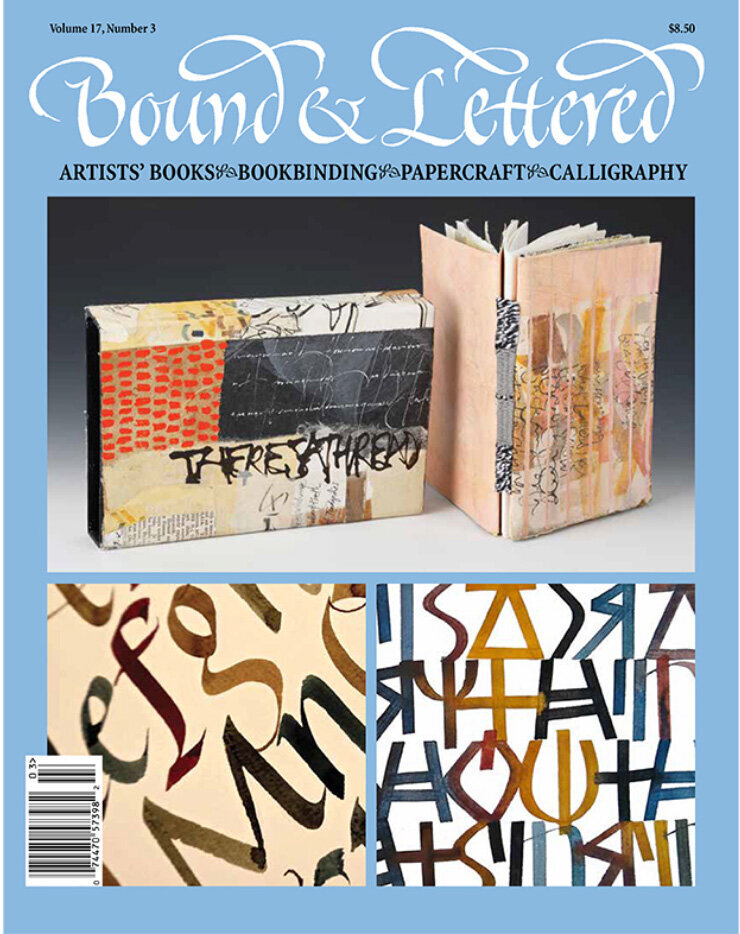
"Aum is the sound of God's radiance." — Joseph Campbell
Many of you have asked about the possibility of me teaching online. I have thought a long while about this, and have begun by offering some “one-to-one” classes. Below are my thoughts on how to approach this.
My motivation as a teacher is to connect with my students. When we are all in the same room together, something happens: birdsong is audible, silences deepen, and the sky is visible. Presences gather as the class progresses. That energy does not communicate in the same embodied way through a screen.
What lifeline can we use through this electronic medium to evoke what we are missing? This is the question I have been asking myself in response to requests for me to teach online.
There are two things that are a part of every class I teach: meditation and poetry.
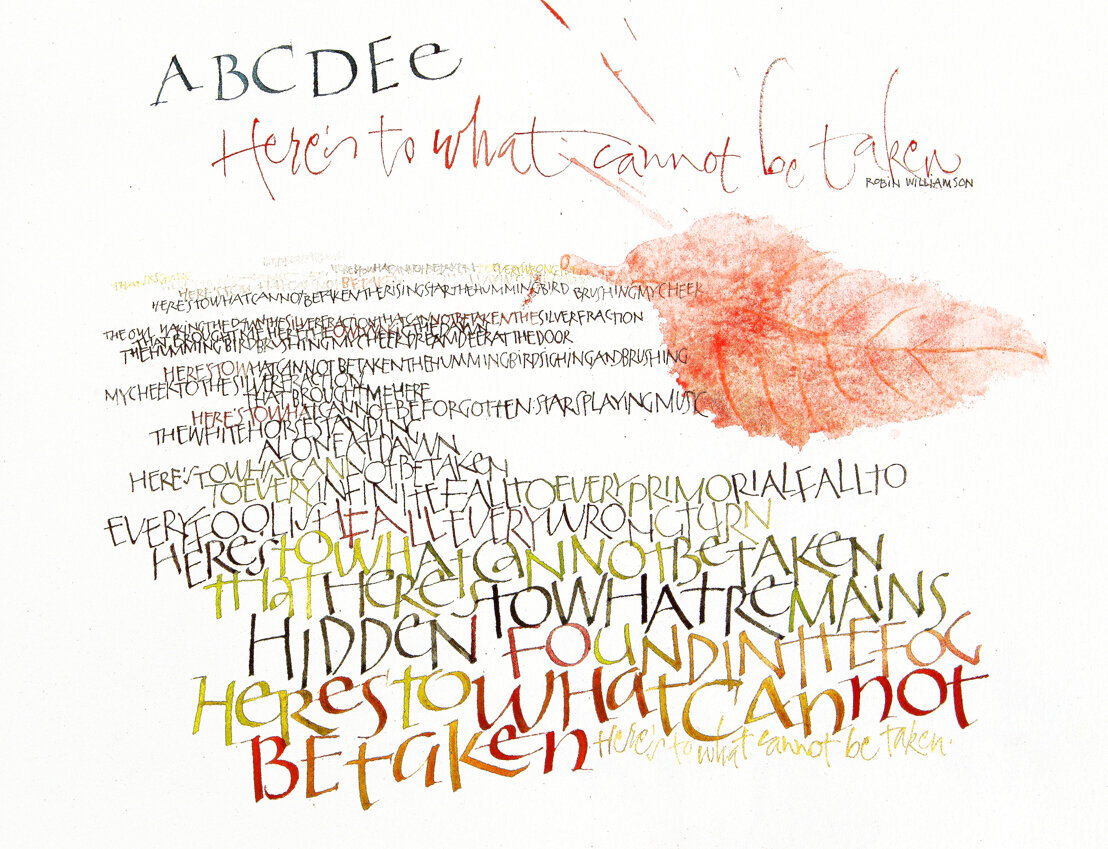
“We don’t have to wait for some grand utopian future.”— Howard Zinn
Laurie Doctor Studios stands in solidarity with Black communities, and everyone around this world who is working to dismantle systemic racism and white supremacy. I am taking a vow not to just stand by or retreat to my habitual comforts, but to pause and listen and actively work to remove the blinders that come with racial privilege.
But where do we begin? How do we avoid being overcome by despair at the multitude of problems? The title of this post returns us to the present. It is possible to find direction and create a starting point right where you are.
“We don't have to wait for some grand utopian future. The future is an endless succession of presents, and to live now as we think humans should live, in defiance of all that is bad around us, is itself a marvelous victory.”
— Howard Zinn
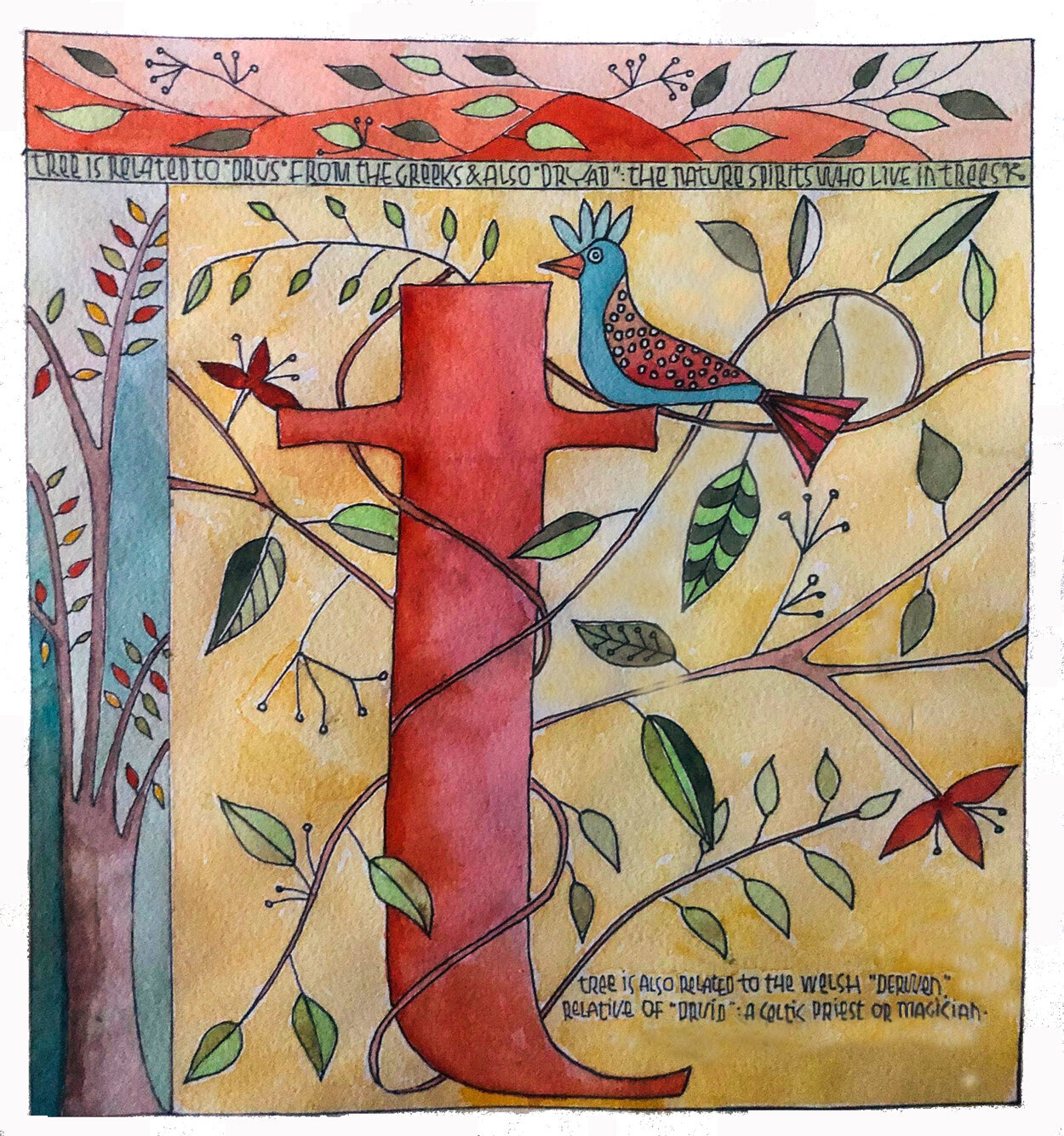
Find a place you trust
I am reconsidering this theme of finding a place you trust. This idea is needed more now, during the uncertainty and loss we all find ourselves in. Suddenly, as quick as lightning, a dear friend is gone.
Sister Corita’s first rule for her students was find a place you trust and try trusting it for awhile.
I cannot improve on this as a place to begin. When fear arises, as it does in the face of change and unpredictability, what do you do? Anxiety is a natural and universally human response, and can even be an aid to taking action. Yet we need to prevent anxiety from taking over. Everyone has gone through narrow passages, and the one we are in now is world wide. Everyone has the possibility of choosing courage over fear. With the courage it takes to traverse difficulty, something good inevitably comes. You muster the nerve to navigate the narrow passage, in spite of your fear and anxiety. Looking back at my life, I can see that when I was able to do this, coming through that door offered its own reward. Taking the risk to choose courage cultivates a trust in life, a resiliency that abides in the bigger picture, and the awareness of other forces at work.
This attitude translates to being a creator…
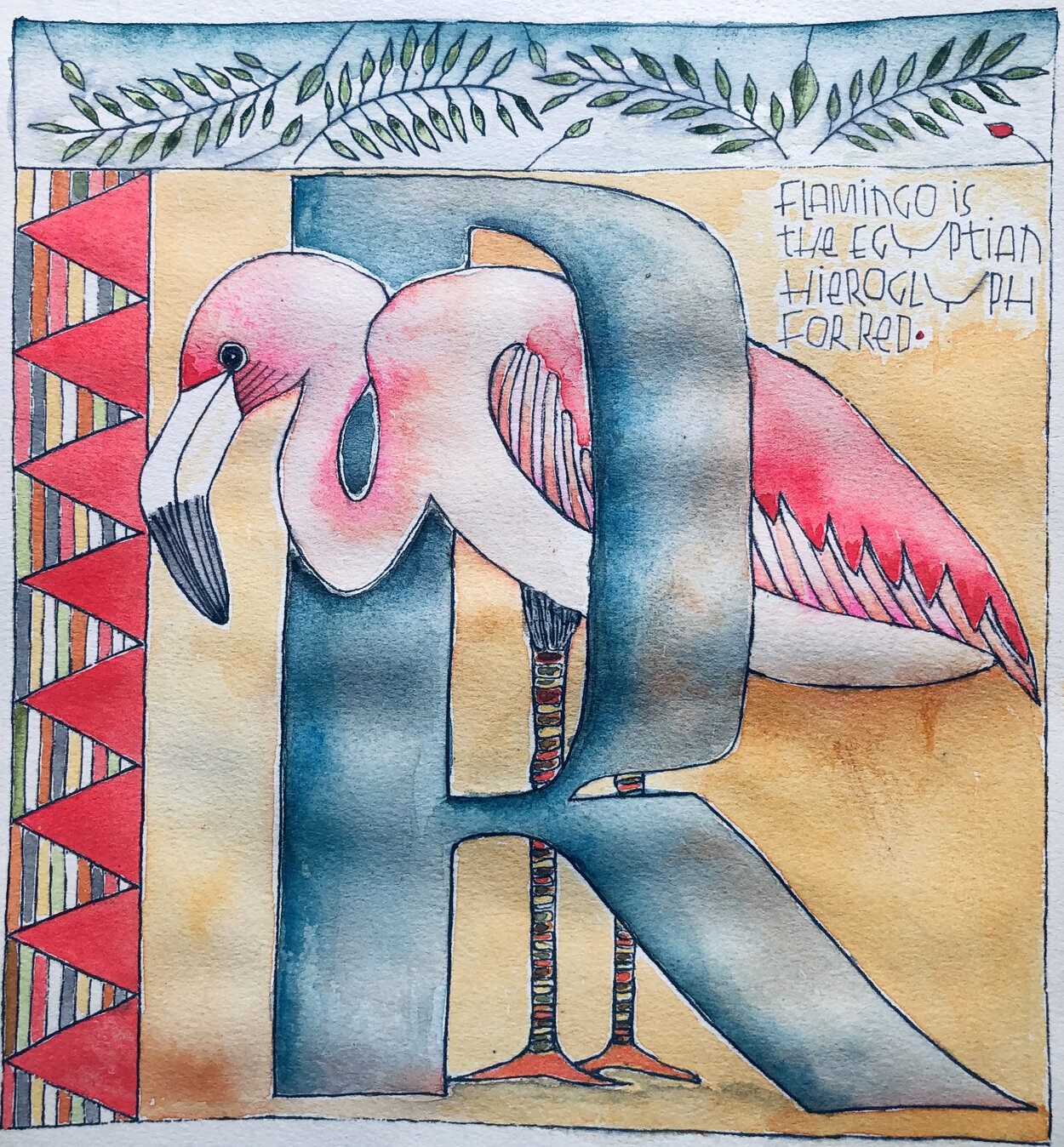
"It is not what we do, but how we do it." — Stephen Nachmanovitch
Coloring books may seem like an odd place to begin with the subject of improvisation, but doing something simple that has structure, and that you enjoy, leads to play. And play leads to improvisation. And improvisation leads to joy. Coloring books give you the structure of lines and the freedom of color.
In this time of sequester, I am thinking of the danger of listlessness leading to depression. Yesterday, pondering all the upheaval that has happened over here — studio flooded, preparing for a road trip to see my Dad, the dreaded IRS (that’s three, so things will turn soon…) — I remembered what Brother David Steindl-Rast said: the antidote to listlessness, boredom, overwhelm, and fogginess is joy. Instead of taking a nap, I asked myself that question — what joyful thing will wake me up and change the course of this day?
Improvisation, play and spontaneity are all components to this question:
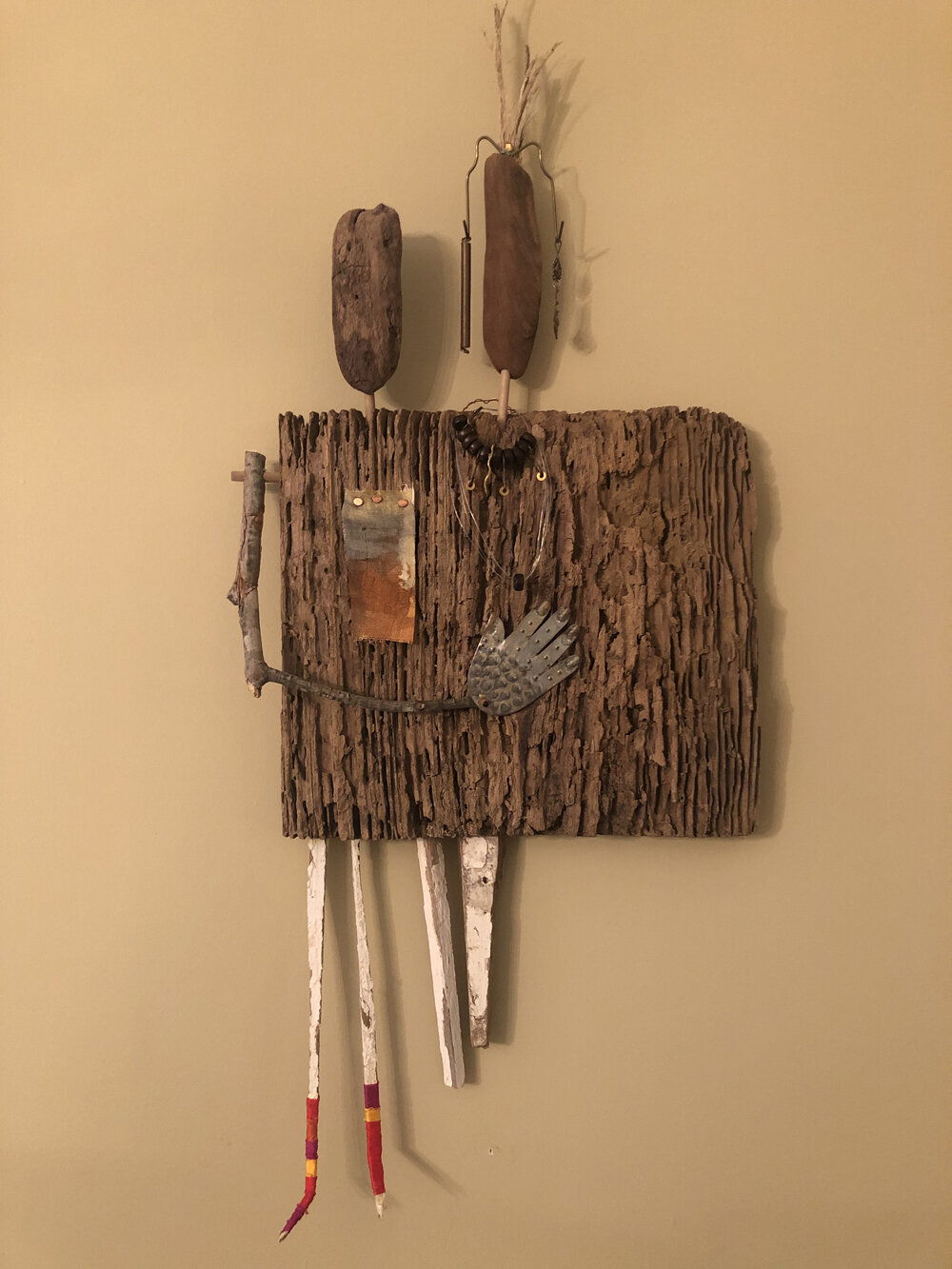
Think like an artist
An engineer recently signed up for one of my classes in Taos. I asked him what kind of work he likes to do, and he described an enviable picture of things he makes and builds. But really, he said, what he wants to do is learn how to “think like an artist.” This got me curious: What does it mean to think like an artist?
In the second month of being cloistered at home, I hear more and more people saying, What day is it? This reminds me of the long, long journey Frodo and Sam made to Mount Doom* — one day folding into the next, and the path seeming endless. With each step, the ring, that which must be given back to the mountain, becomes heavier with reluctance and doubt and the uselessness of the journey. It is so painful to let go. And so easy to give in, to just feel too tired to carry on. At one point, with miles more to climb, and little difference between day and night, Sam says to Frodo: Is it today or tomorrow?
Remembering the perseverance that was required of Sam and Frodo, I wonder, What is it that I must give up, and throw into the fire at the top of this mountain? What does thinking like an artist require of me now? What is this pandemic asking of me? There are so many things I hope it is not asking me to leave behind — like meeting in person with my students again, and celebrating the communion of making; or going to the small family-owned bar where Anna (who planted our dogwood tree) sings with her band; or the buffet at Mabel Dodge Luhan Retreat, where I can help myself to as much crisp bacon, eggs and fresh baked treats as I want every morning, without gloves or a mask. Or going to our locally owned, family-run art store. Or tasting samples at the Farmer’s Market. Or seeing my father. So many things.
I am sitting with this question of what needs releasing, because I think we are being asked to change, to find a new way of being. To let go so that something new can happen. And something new is happening.
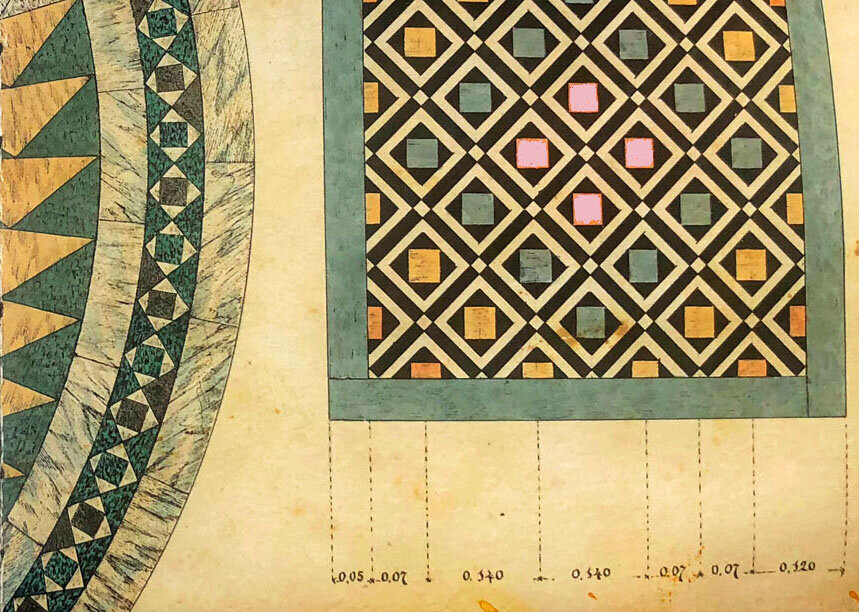
Cloister
Cloister, as a verb, is what the whole world is engaged in: seclude or shut up in or as if in a convent. As a noun, cloister is a covered walkway, a colonnade, or a cathedral … this is our best option, to somehow make this time into a walkway or cathedral. Imagine, a worldwide cathedral.
I am writing a mid-month missive to cheer us up. Many of you have probably been introduced to the series of short essays by Ross Gay: The Book of Delights. And perhaps you have heard his interview on OnBeing? Steven ordered the book to cheer me up. I highly recommend it. In spite of the title, it is not lightweight. Ross Gay is aware of the proximity between death and joy, terror and delight.
His essays are well written, short and often humorous. They can be read as a meditation each morning during this time of being separated from people you love. I am now in the middle of his book.
Yesterday I was walking in my garden, trying to get in the frame of mind of finding delight in these sobering times.
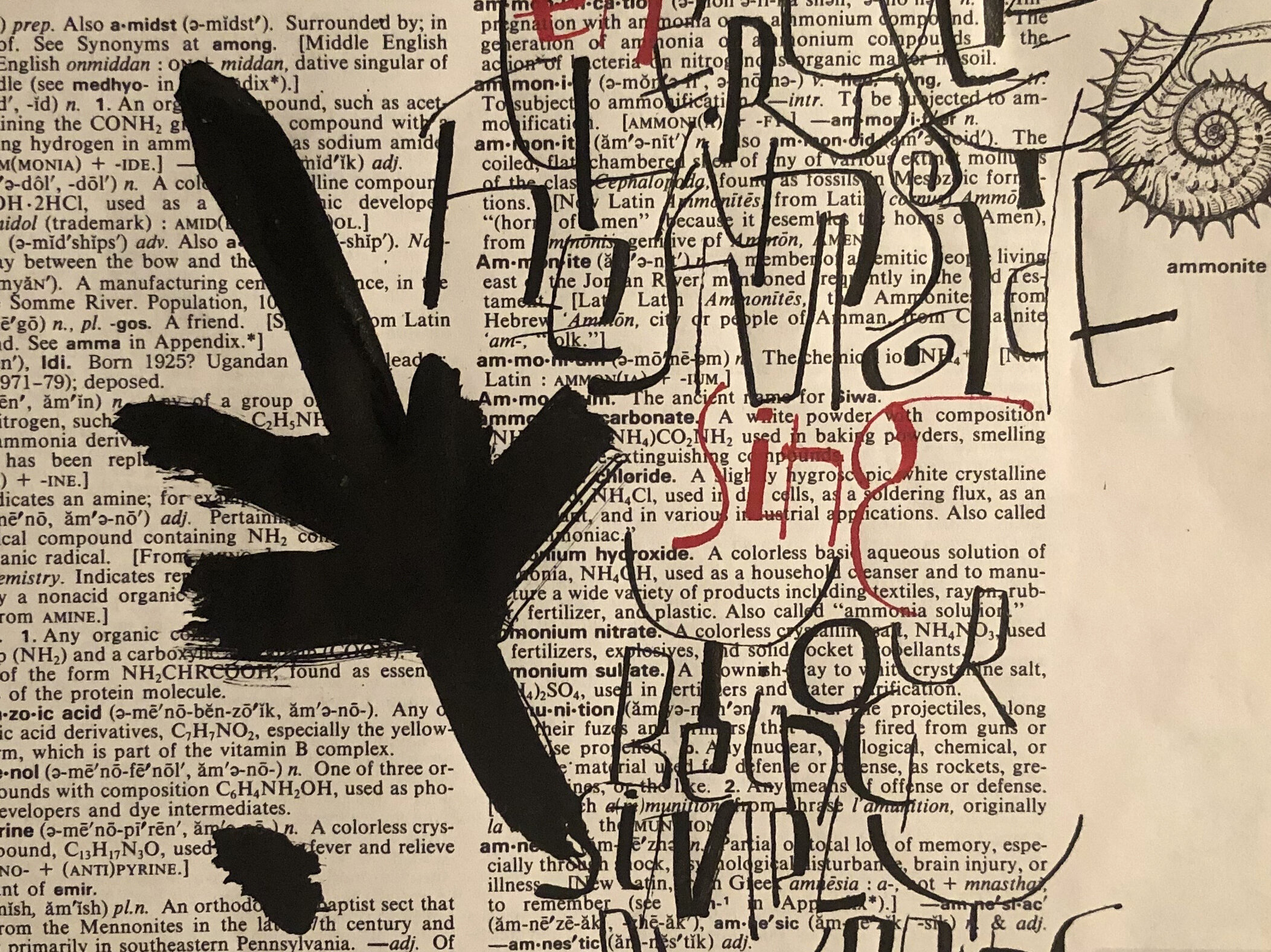
"Our fate restricts us so that our destiny can find us...." — Michael Meade
Our fate restricts us so that our destiny can find us, so that we can find again the gifts we came to give the world and receive the blessing the world would give to us.
— Michael Meade, Fate and Destiny
When something happens that common notions don’t have enough gravitas for understanding, the old stories talk about the “hand of fate”. The Greeks have many stories about prophecies, fate and destiny — and the danger of dismissing the signs.
Now the whole world is tied together by this “hand of fate”. It is as if the planet really is alive with intelligence, insisting that we slow down. Alongside the tragedy of illness and death all around, there is the sense of destiny, of something larger than all of us, forcing us to go inward, or live in trauma.
I have thought a long time about the words, fate and destiny. I am not a Calvinist, I don’t think everything is pre-determined. I believe that every choice matters. And yet, there is this ancient notion of fate as an invisible thread that is woven through all the things of the world and all the events in time. (Michael Meade). It includes an awareness of the limitations we have been given, including death. Fate is the hand you are dealt. Destiny is how you play your hand, how you choose to live into your fate, and find meaning in what you have been given. Your destiny is fully realized because of your limitation. There is an inherent connection between your inner gift and your inner wound. The door is through willingness to be vulnerable, to accept your limitation as a structure that supports your soul’s expression.
